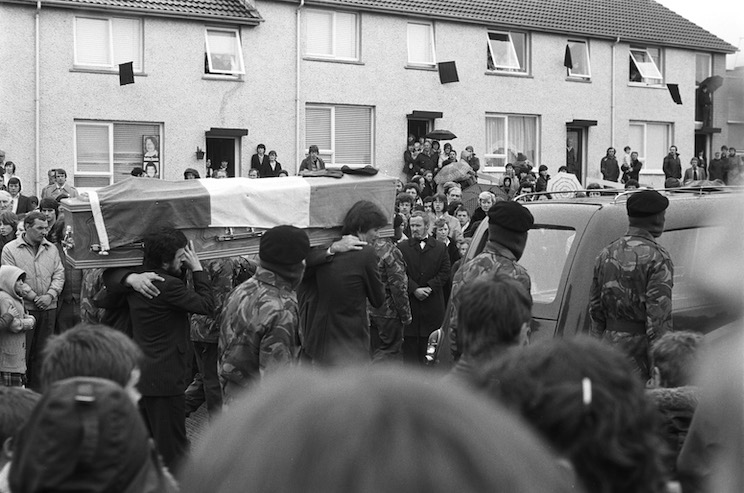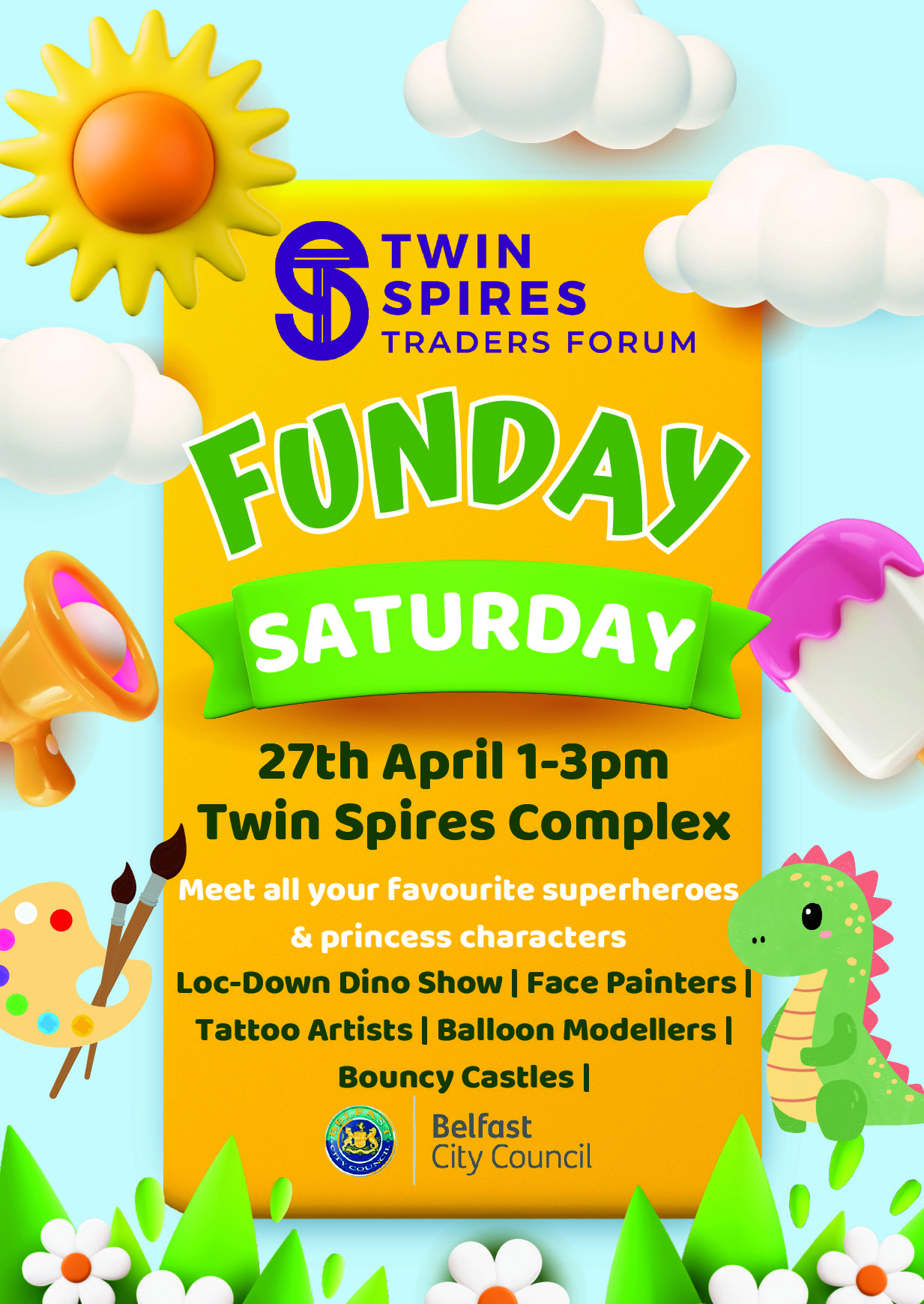IT was in Long Kesh, in Cage 11, that I met Bobby Sands. I don’t remember exactly the first time we met but it was almost certainly at one of the discussion groups I set up when I arrived there in 1975.
There were around eighty of us in Cage 11. For those of you who don’t know about the Cages it was a compound surrounded by a high wire fence in which there were four Nissen huts, a study hut and a toilet shower hut. At one time there were 22 cages. In Cage 11 one of the Nissen huts was also a Gaeltacht which was set up by some prisoners for those wanting to learn the Irish language. That’s where Bobby was.
He was keenly interested in our discussions. We went on to get books from old Joe Clarke’s Book Bureau in Dublin and from The Connolly Association in London. As political books were banned, our friends outside used to put other book covers on them. I still have Desmond Greaves brilliant book on Liam Mellows disguised as something less dangerous. Bobby was a voracious reader.
He was also a keen sportsman who played soccer robustly or Gaelic football whenever he got the chance. He had long hair, a good sense of humour. He loved music. He was very good on the guitar. I remember the two of us sitting in the study hut – in reality a wooden shed. I would be writing while Bobby would be practising on his guitar. His party piece was the classic by Kris Kristofferson, ‘Me and Bobby McGee’, and later when he went to the H-Blocks Bobby wrote songs including ‘McIlhatton’ and ‘Back Home in Derry’. They were famously recorded by Christy Moore and are now part of the tradition. Bobby would be immensely proud of that.
Just some of the streets found around the globe named after Bobby Sands who died on this day in 1981. pic.twitter.com/q2RiJnvVDI
— Pauline Murphy (@RealPMurphy) May 5, 2020
On one memorable Christmas Eve we held a concert. There was a bar, from which beer, cider and poteen that had been illicitly brewed was being distributed. The highlight of the night consisted of a bunch of prisoners, including Bobby and Danny Lennon, appropriately costumed miming to Queen’s ‘Bohemian Rhapsody’.
Bobby was a very intelligent, committed republican. He enjoyed political discussions and was very open to new ideas. Many of our discussions focused on the need to convert passive support for our struggle into active support and of the need for the primacy of politics and for clear strategies and democratic structures to implement these strategies. It was at this time that Bobby picked up on the concept of everyone having a role in the struggle, no matter how small.
He was also an internationalist. He was especially interested in the struggle against apartheid in South Africa and the efforts of the Palestinian people to achieve a homeland. Nelson Mandela was on Robben Island when Bobby died. In his cell he was allowed as a privilege a calendar on which he marked significant events. On May 5, 1981, a simple single line is written: ‘IRA martyr Bobby Sands dies.’
Volunteer #BobbySands MP “....He was a poet & a soldier, he died courageously & we gave him 30,000 votes whilst in captivity....” pic.twitter.com/3WIdTMNt0B
— Crotlieve Sinn Féin (@CrotlieveSF) May 5, 2020
Of course none of us in Cage 11 foresaw any of this. For a small group, with release dates pending, our concern was about how we could transfer some of our ideas to the outside. I remember in the weeks before his release Bobby seeking me out to walk around the yard –‘boowling’ in prison parlance – as we swapped political ideas and concepts.
Bobby was released from Cage 11 in early 1976. He reported back to the IRA in Twinbrook where he set about promoting ideas for local activists acting in solidarity with their communities. He became very involved in local housing actions including the Twinbrook Tenants’ Association. In August that year the annual republican march for the first time was focused on raising awareness about British efforts to end political status and to criminalise the POWs and through them the republican struggle. It was addressed by Máire Drumm. Bobby was part of the Colour Party and new photographs found last year of him taking part reveal a very young man, with short hair. Just weeks later he was imprisoned again.
On this occasion and, like hundreds of men and women, Bobby was denied political status. He joined the prison protests which were now taking place in the H-Blocks and in Armagh. Naked, but for a blanket, and living under the most brutal and violent of prison regimes, Bobby was driven to write about the conditions in the H-Blocks. They provide an insight into a spirit that refused to be broken.
Séanna Walsh once joked that Bobby Sands was the only IRA POW to support Aston Villa, but little's it known Sands' name appears on current Villa shirt. Tags feature kit manufacturer Kappa's address, which is:
— Daniel Collins (@DanielCollins85) May 6, 2020
41 Rue Bobby Sands,
44800 Saint-Herblain,
France.
(h/t @JohnAVFC1874) https://t.co/wuXWkuFbuG pic.twitter.com/utkLvxfPlG
When he died on May 5, 1981, Bobby had spent one third of his 27 years in prisons. And yet his name is known and honoured around the world. His writings tell us much about the man. I like in particular his poem the Rhythm of Time. But for this occasion I think it appropriate that we read his own account of one day in his life in the H-Blocks and imagine the courage and strength of character that allowed Bobby and Francie, Raymond, Patsy, Joe, Martin, Kevin, Kieran. Tom and Mickey to put their lives on the line for their comrades and for the Irish cause. In this anniversary week of his death here is Bobby Sands in his own words. I am blessed to have known him.
One Day in My Life:
I mumbled a Hail Mary to myself and a hurried Act of Contrition as I heard the approaching jingle of keys. Several gloved hands gripped and tightened around my arms and feet, raising my body off the ground and swinging me backwards in the one movement. The full weight of my body recoiled, forwarded again, smashing my head against the corrugated iron covering around the gate. The sky seemed to fall upon me as they dropped me to the ground...
Every part of me stung unmercifully as the heavily disinfected water attacked my naked, raw flesh. I made an immediate and brave attempt to rise out of the freezing, stinging water but the screws held me down while one of them began to scrub my already tattered back with a heavy scrubbing brush. I shrivelled with the pain and struggled for release but the more I fought the more they strengthened their iron grip.
They continued to scrub every part of my tortured body, pouring buckets of ice-cold water and soapy liquid over me. I vaguely remember being lifted out of the cold water – the sadistic screw had grabbed my testicles and scrubbed my private parts. That was the last thing I remembered. I collapsed…
It was cold, so very, very cold. I rolled on to my side and placed my little treasured piece of tobacco under the mattress and felt the dampness clinging to my feet.
That’s another day nearer to victory, I thought, feeling very hungry.
I was a skeleton compared to what I used to be but it didn’t matter. Nothing really mattered except remaining unbroken. I rolled over once again, the cold biting at me. They have nothing in their entire imperial arsenal to break the spirit of one single Republican political prisoner-of-war who refuses to be broken, I thought, and that was very true. They cannot or never will break our spirit. I rolled over again, freezing, and the snow came in the window on top of my blankets.
“Tiocfaidh ár lá,” I said to myself.
“Tiocfaidh ar lá.”






